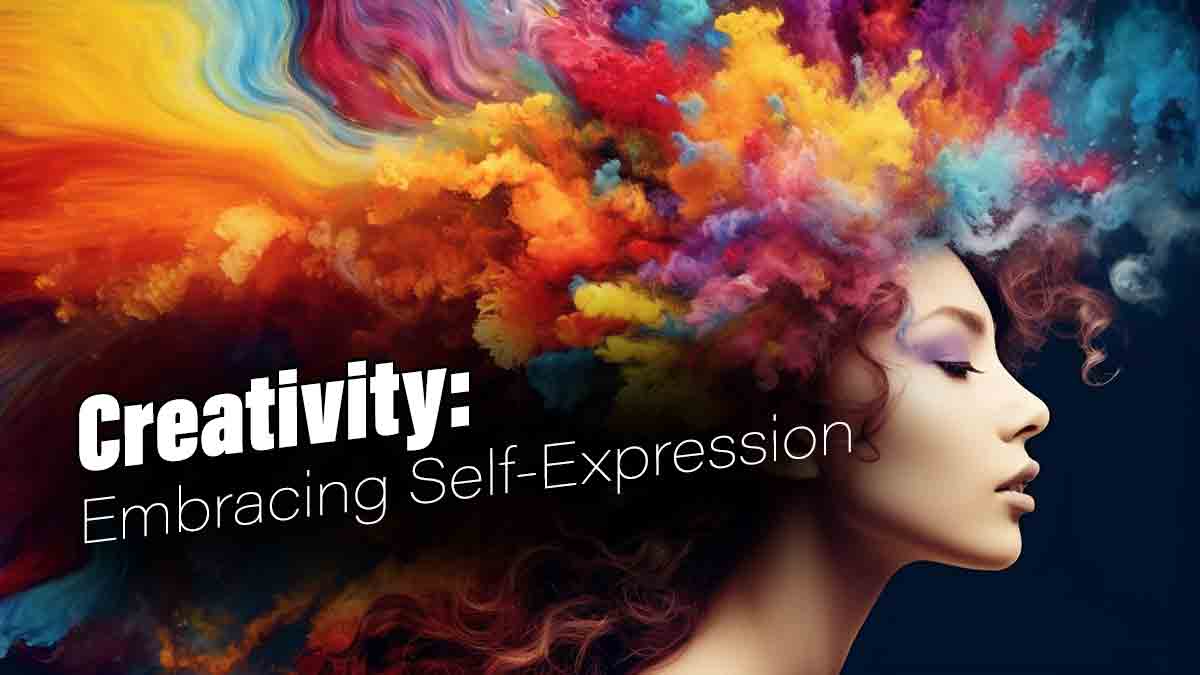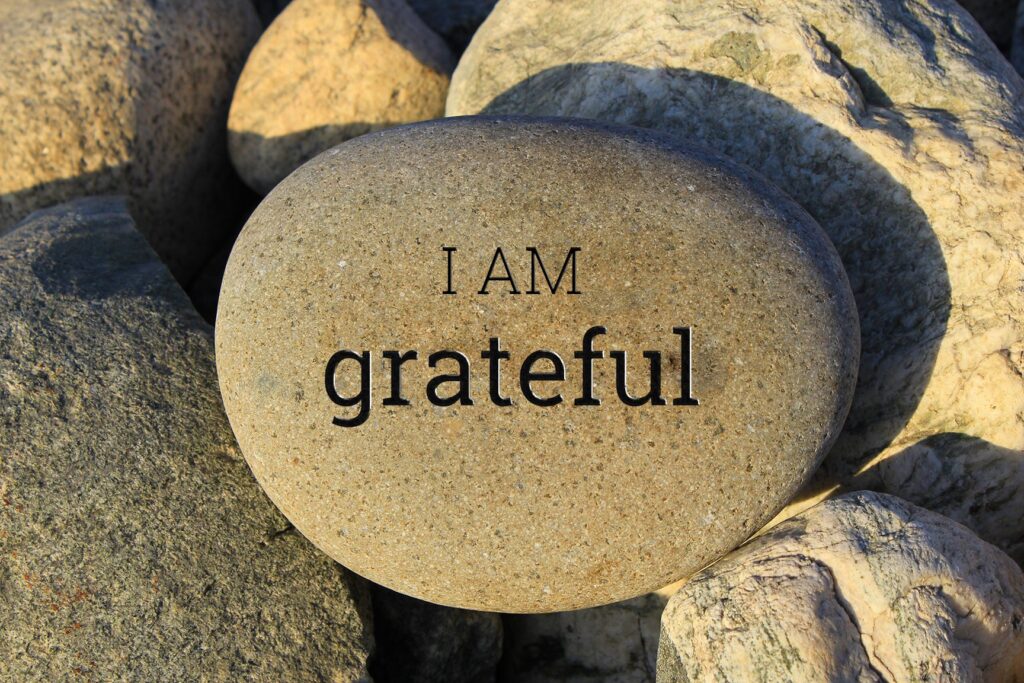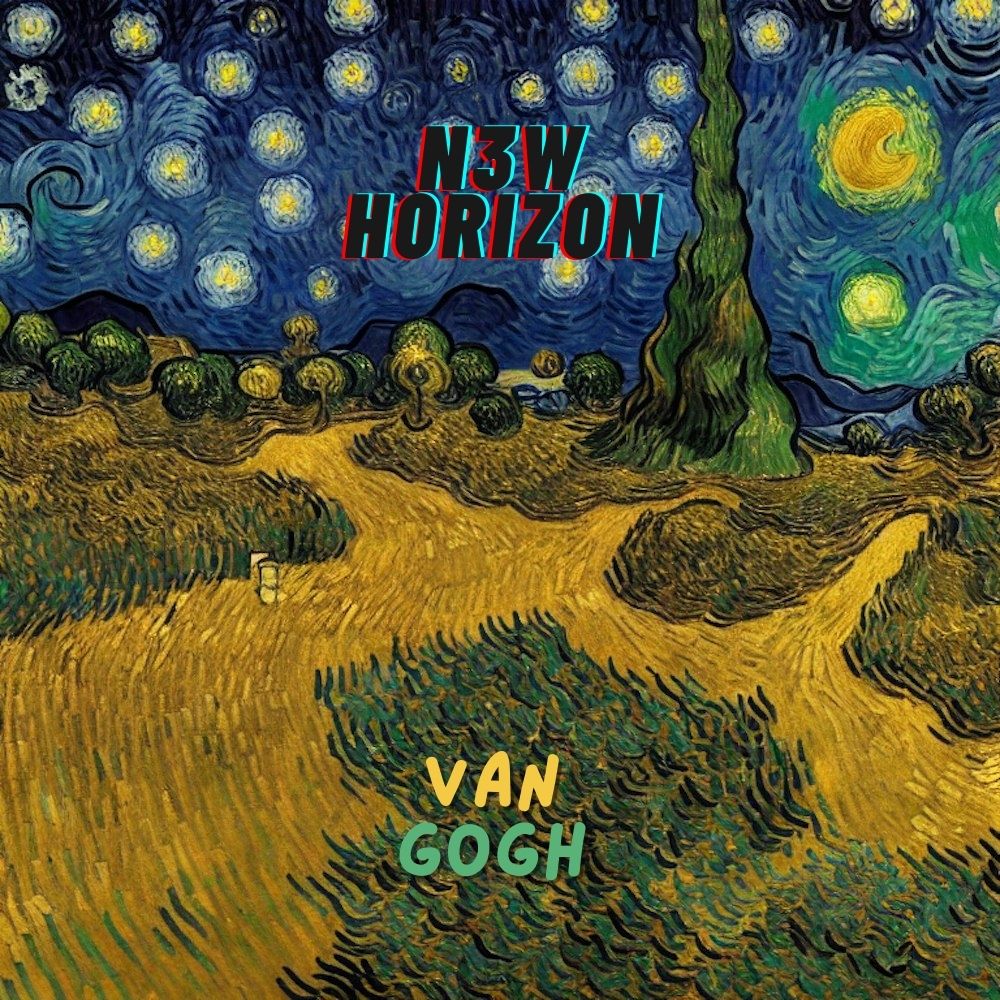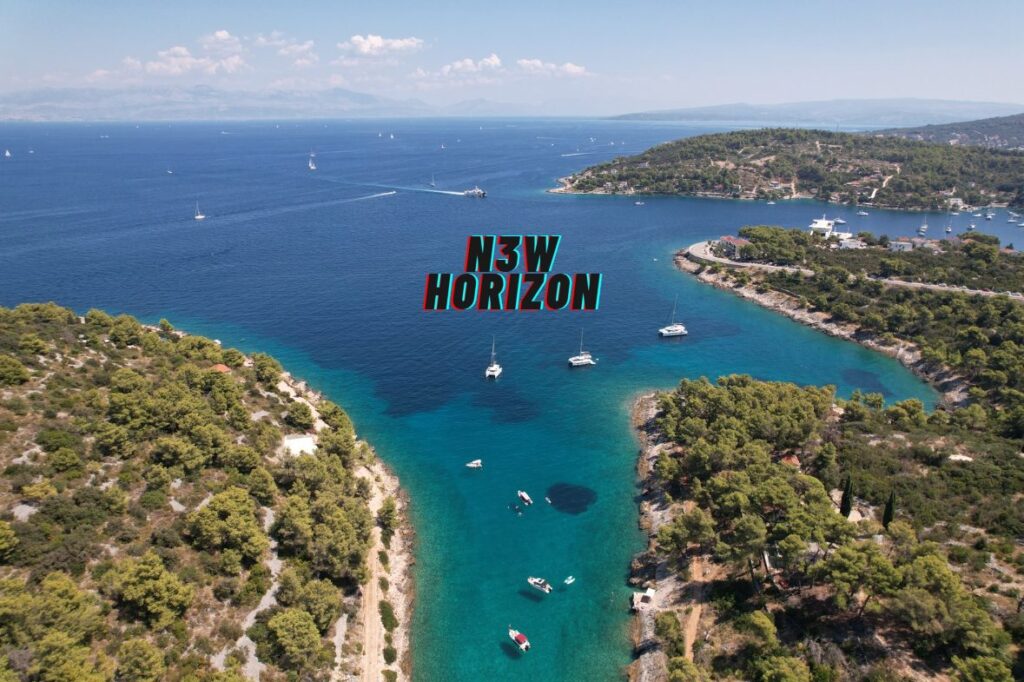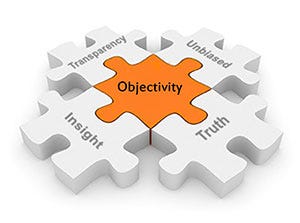In a world driven by goals, ambitions, and future plans, it’s easy to forget the significance of the present moment.
We often get caught up in what lies ahead or what’s behind us, overlooking the importance of now—this very moment that we are living.
Yet, the present is where life unfolds, and within it lies the power to be grateful, to love, and to express ourselves authentically.
Embracing gratitude, love, and self-expression in the present moment can transform our lives in profound ways.
Not only does it foster deeper connections with ourselves and others, but it also cultivates emotional well-being and fulfillment.
Let’s explore why these three qualities—gratitude, love, and self-expression—are essential to living fully in the present.
The Importance of Gratitude: Embracing What Is

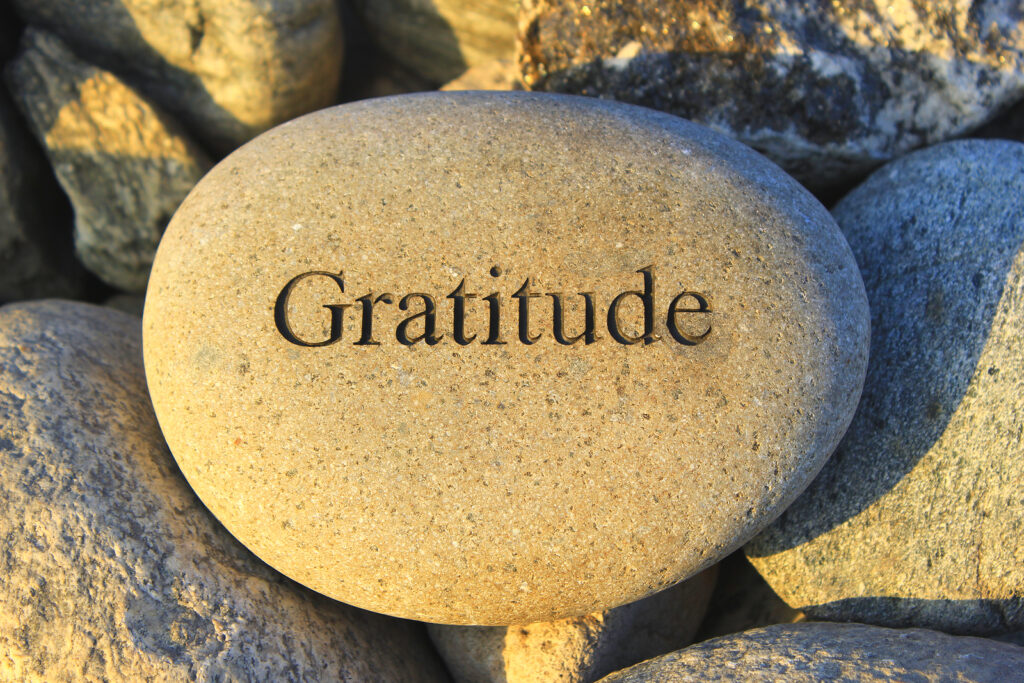
Gratitude is a simple yet transformative practice. It allows us to focus on what we have rather than what we lack. In today’s fast-paced society, where comparison and competition are often the norm, it’s easy to fall into a mindset of scarcity—always wanting more, striving for the next achievement. However, gratitude shifts our focus from what’s missing to the abundance already present in our lives.
- Gratitude Rewires the Brain
Neuroscience supports the idea that practicing gratitude has a profound impact on the brain. Studies show that regularly expressing gratitude strengthens neural connections in the prefrontal cortex, the area responsible for decision-making, emotional regulation, and problem-solving. A study conducted by the Greater Good Science Center at UC Berkeley found that people who practiced gratitude had higher levels of dopamine, the “feel-good” neurotransmitter, leading to enhanced mood and well-being . - The Ripple Effect of Gratitude
When we express gratitude, it not only benefits us but also those around us. Gratitude fosters positive relationships by reinforcing feelings of trust, appreciation, and connection. Whether it’s thanking a loved one, a colleague, or even a stranger, expressing gratitude strengthens social bonds. Research from the University of California, Davis, found that individuals who practiced daily gratitude experienced higher levels of happiness, optimism, and life satisfaction . - Gratitude Anchors Us in the Present
Gratitude is inherently a present-moment practice. It requires us to stop and reflect on what we have right now, in this very moment. This mindfulness of the present shifts our focus away from worries about the future or regrets about the past. When we practice gratitude, we become more attuned to the beauty and richness of the present, creating a deeper sense of contentment and peace.
The Power of Love: Giving and Receiving in the Now


Love is often viewed as a timeless force, transcending past, present, and future.
Yet, the most profound expressions of love happen in the present moment.
Love isn’t just about grand gestures or future promises; it’s about showing up fully for ourselves and others, right here, right now.
- Love as Presence
True love requires presence. When we are fully present with someone—listening to them, being attentive, and offering our undivided attention—we create a space for genuine connection. In relationships, whether romantic, familial, or friendships, being present is one of the greatest acts of love we can offer. Studies from Harvard University reveal that emotional presence, the ability to be emotionally available in the moment, is a key predictor of long-term relationship satisfaction . - Love and Vulnerability
To love deeply in the present moment, we must embrace vulnerability. Expressing love, whether it’s saying “I love you” or showing affection, requires us to open ourselves up, knowing there’s a risk of rejection or hurt. Yet, it’s through this vulnerability that we experience the deepest connection with others. Research by Brené Brown, a leading expert on vulnerability, shows that those who are willing to be vulnerable in the present moment—by loving fully and authentically—experience higher levels of intimacy and belonging . - Self-Love and Acceptance in the Now
Loving others starts with loving ourselves. Self-love is the practice of accepting and appreciating who we are in the present moment, flaws and all. Too often, we postpone self-love, telling ourselves, “I’ll love myself when I’m more successful” or “I’ll accept myself when I lose weight.” But true self-love happens now, by embracing who we are, not who we think we should be. Studies show that self-compassion leads to greater emotional resilience, reduced anxiety, and higher self-esteem .
The Freedom of Self-Expression: Living Authentically in the Present
Self-expression is a fundamental aspect of being human.
It’s how we share our thoughts, feelings, and unique identity with the world.
However, many of us hold back, suppressing our true selves out of fear, judgment, or societal expectations. Living authentically and expressing ourselves fully in the present moment is one of the most liberating acts we can undertake.
Bruce Lee on Self-Expression (click here)
- The Present is the Only Time to Express Yourself
The future is uncertain, and the past is gone. The only time we have to express who we truly are is now. Delaying self-expression out of fear or doubt deprives us of living fully. When we express ourselves authentically, we give others permission to do the same, creating a ripple effect of honesty and connection. Research from the University of Rochester shows that people who express themselves authentically report higher levels of well-being, life satisfaction, and emotional stability . - Creativity and Self-Expression
Creativity is one of the most powerful forms of self-expression, and it thrives in the present moment. Whether through art, writing, music, or conversation, allowing ourselves to be creative is a way of tapping into our inner selves and sharing that with the world. Psychologist Mihaly Csikszentmihalyi, who coined the term “flow,” found that people experience the deepest sense of fulfillment when they are fully immersed in a creative activity, losing themselves in the present moment of creation . - Expressing Emotions in Real-Time
Suppressing emotions leads to emotional stagnation, while expressing them in real-time promotes emotional health. Bottling up emotions, whether positive or negative, can lead to stress, anxiety, and even physical health problems. In contrast, expressing feelings as they arise creates emotional clarity and fosters open communication with others. A study published in the Journal of Personality and Social Psychology found that individuals who expressed their emotions in the present moment experienced lower levels of stress and greater interpersonal satisfaction .
The Intersection of Gratitude, Love, and Self-Expression
These three powerful qualities—gratitude, love, and self-expression—are deeply intertwined. When we practice gratitude, we naturally feel more loving and open, both toward ourselves and others. Similarly, expressing love fosters a sense of gratitude for the people and experiences in our lives. Self-expression, in turn, allows us to communicate this gratitude and love authentically. Together, these qualities create a cycle of positivity and emotional well-being that anchors us firmly in the present.
- Gratitude Enhances Self-Expression
When we are grateful for who we are and what we have, we feel more confident in expressing ourselves. Gratitude helps dissolve the fear of judgment and replaces it with appreciation for the present moment. People who practice gratitude are more likely to speak their truth and live authentically, as they are less concerned with external validation. - Love Deepens Gratitude
Love, in its purest form, deepens our sense of gratitude. When we love someone fully in the present moment, we become acutely aware of the preciousness of that connection. This awareness fosters a profound appreciation for life, relationships, and even the small moments of joy and peace.
Conclusion: Living Fully in the Present Moment
The present moment is the only time we truly have. It’s in this moment that we can practice gratitude, experience love, and express ourselves authentically. By embracing the power of now, we unlock deeper fulfillment, emotional resilience, and stronger connections with others and ourselves. As life unfolds, it’s essential to remember that happiness is not something we chase in the future—it’s something we cultivate in the present.
Living with gratitude, loving fully, and expressing yourself authentically is not only transformative for your own well-being but also for the world around you. The present moment is a gift—embrace it.


